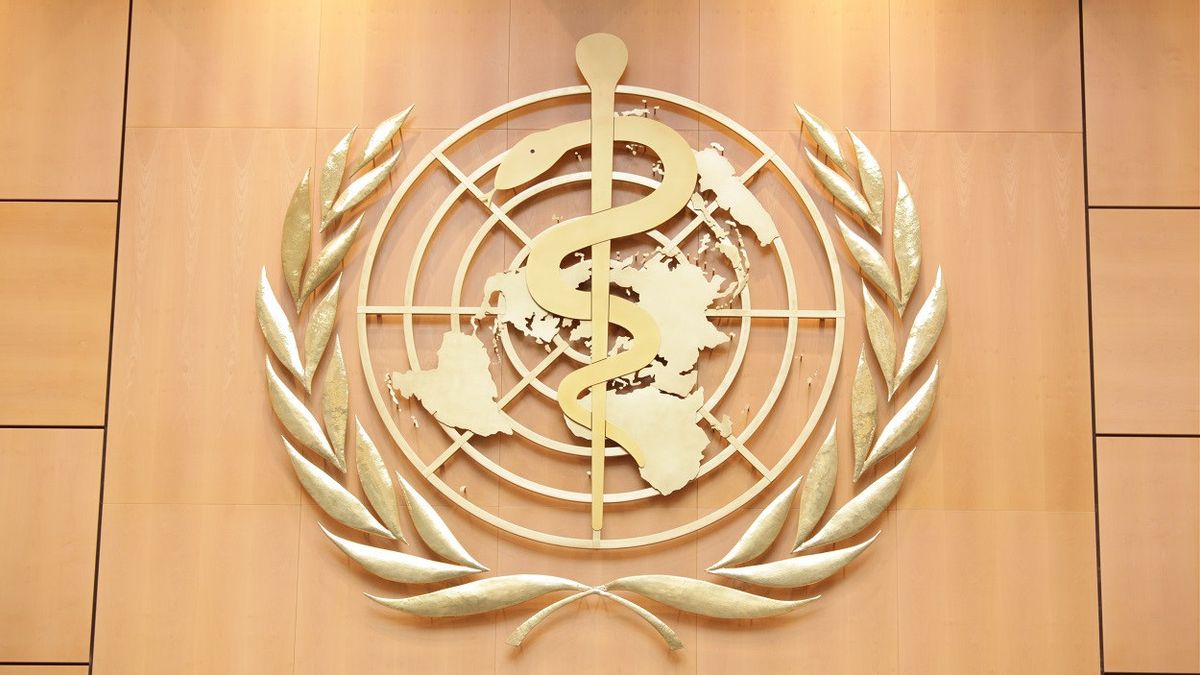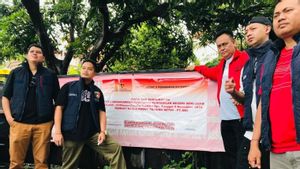JAKARTA - A senior official from the United Nations (UN) health agency said there was no evidence that the monkeypox virus had mutated, noting that the infectious disease that had plagued West and Central Africa was likely to remain unchanged.
Rosamund Lewis, head of the smallpox secretariat which is part of the World Health Organization's (WHO) Emergency Program, said at the briefing, mutations were likely to be lower with this virus, although the genome sequence of cases would help inform understanding of the current outbreak.
Health experts are paying attention to mutations that can make the virus more contagious or severe.
More than 100 suspected and confirmed cases in recent outbreaks in Europe and North America have not been severe, said Maria van Kerkhove, WHO disease and zoonosis lead and COVID-19 technical lead.
"This is a situation that can be controlled," particularly in Europe, he said. "But we cannot ignore what is happening in Africa, in endemic countries."
The outbreak is unusual, according to the WHO, to occur in countries where the virus does not circulate regularly. Scientists are trying to understand the origins of the cases and whether there have been any changes about the virus.
WHO asked dermatology and primary health care clinics, as well as sexual health clinics, to be alert for potential cases.
Many, but not all, of the people who have been diagnosed in the current monkeypox outbreak are men who have sex with men (MSM).
Officials say it's too early to say why, but this demographic may seek medical advice or have access to sexual health screenings.
Monkeypox usually does not spread easily between people, but it can be transmitted through close person-to-person contact or contact with items used by a person with monkeypox, such as clothing, bedding, or eating utensils.
SEE ALSO:
"We know that MSM if they find an unusual rash, they tend to want to resolve it fairly quickly," said Andy Seale, strategy adviser in WHO's Department of Global HIV, Hepatitis and STI Programs.
"The fact that they are proactive in responding to unusual symptoms may be part of the story. This will become clearer in the coming weeks and days."
Asked if the initial findings could trigger discrimination, Seale said: "There are ways we can work with communities to learn from decades of experience dealing with stigma and discrimination with HIV. We want to apply the lessons learned from this experience."
The English, Chinese, Japanese, Arabic, and French versions are automatically generated by the AI. So there may still be inaccuracies in translating, please always see Indonesian as our main language. (system supported by DigitalSiber.id)


















